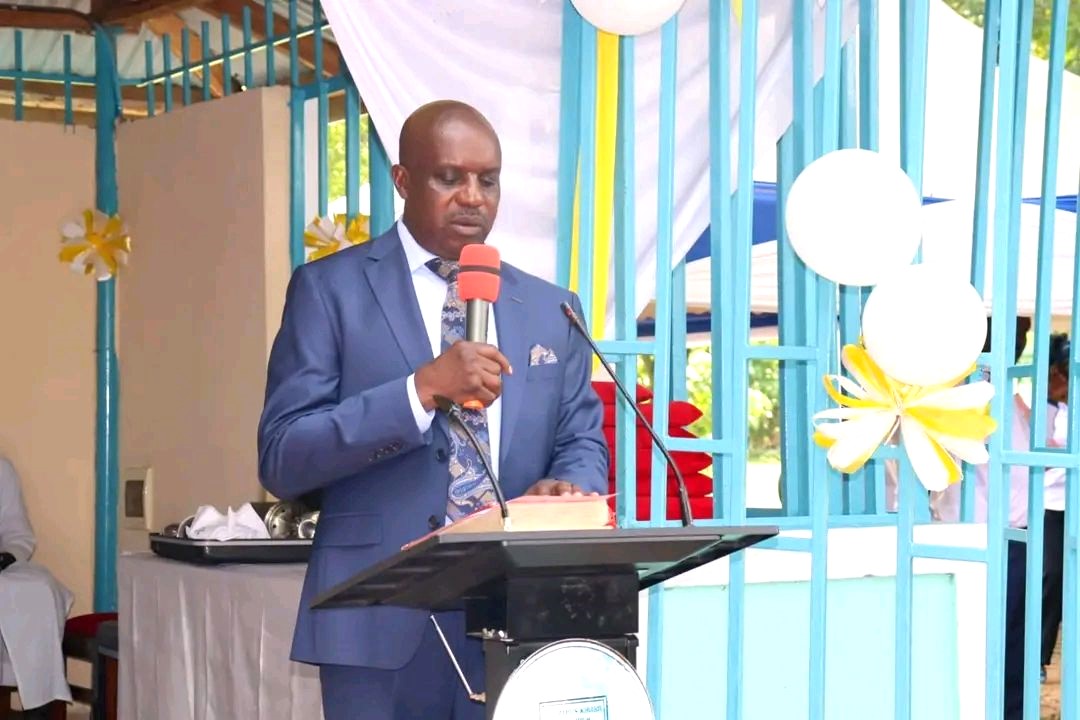Leadership in education should be a noble calling, not a punishment. Yet across Kenya, many heads of institutions live under constant stress, anxiety, and humiliation—tormented not by learners or staff, but by the very Boards of Management (BOMs) meant to support them. Why should those entrusted with governance turn into sources of sleepless nights and frustration for school leaders?
A head of institution carries enormous responsibility—academic performance, discipline, resource management, and staff welfare. These are demanding tasks even under ideal conditions. When board interference is added, leadership becomes a heavy burden. Many principals are second-guessed at every step, their decisions questioned, and their integrity doubted. They go home carrying the weight of ridicule and accusations, silently struggling to maintain stability for their schools.
“You can’t sleep peacefully after a board meeting. Every word they say replays in your head like a bad dream,” confided a head from the Western region.
“When you insist on accountability, they call you arrogant. When you stay quiet, they brand you weak,” lamented another from Nyanza.
“I have learned to keep records for my protection, not for progress. That’s how far we’ve fallen,” said a principal from the Rift Valley.
These are the voices of the sleepless—leaders who give their all, only to be repaid with suspicion and obstruction.
Boards of Management are meant to uphold good governance, yet some members exploit their positions to advance personal interests—tenders, contracts, or employment opportunities for relatives. Principals who resist are labelled uncooperative or dictatorial. At one Rift Valley school, a principal was humiliated for refusing to approve an irregular payment, only to be transferred shortly after.
Some boards plant spies among teachers and support staff, feeding them half-truths that create division and erode trust. Parents, too, sometimes fuel this toxic culture. They may instruct newly elected members to “show the head of institution that they know nothing,” undermining authority and fostering disrespect.
Even directives on financial matters, such as activity fees or other levies, are often questioned. Certain board members, driven by mistrust, bypass the head and consult officers from the Ministry or neighbouring boards. This creates confusion, delays, and tension, weakening leadership and eroding school discipline.
READ ALSO:
Africa Nazarene student attacked in Ongata Rongai as insecurity flares
Selecting board members has also been corrupted. Some parents pursue BOM slots not to enhance education, but to earn allowances or wield influence. What was once honorable service has, in many cases, become a scramble for personal gain.
Worse still, some heads are denied the opportunity to attend national conferences because boards imagine the funds belong to them. Refusal to approve allowances or delegate representation stifles innovation and isolates school leadership.
Cost of Silence
Many heads suffer quietly, fearing accusations of insubordination. Yet silence allows impunity to thrive. Unscrupulous boards twist narratives, incite parents, and tarnish reputations. A few careless words at a baraza can undo years of dedicated service.
When distress becomes unbearable, heads quietly seek transfers, early retirement, or reassignment. Some leave the profession entirely—not from weakness, but because the system has drained their passion and dignity.
Ironically, the most honest leaders often suffer the most. Principals who refuse to approve fraudulent payments are vilified. Those insisting on accountability are branded arrogant. Some boards expect “facilitation” before approving even legitimate actions. Integrity, once a badge of honour, has become a weight too heavy for some to bear.
Kenya must confront this crisis. The Ministry of Education should review board appointments, conduct ethics training, and conduct regular surveys to identify and address misconduct, misuse of power, and conflicts of interest. Board members must remember they serve public institutions, not personal ambitions.
Heads of institutions must uphold transparency, document all decisions, and report harassment through official channels. Professional associations like KESSHA should offer protection, counselling, and support for embattled leaders.
Silence is no longer strength—it is surrender. Heads must speak out against intimidation, corruption, and misuse of authority. Documenting injustices and standing in solidarity restores dignity and protects the soul of education. When one voice rises, others gain courage, and impunity begins to crumble.
“When integrity clashes with greed and boards reward self-interest over service, school leaders are left to suffer quietly—leading by day, worrying by night, and secretly seeking a safe way out.”
Conclusion
When boards of management become bullies rather than partners, schools lose their moral compass. The sleepless nights of heads reflect a system where self-interest overrides service. Kenya’s education system can only thrive when trust, respect, and integrity return to governance. Until then, school heads will continue to suffer quietly—leading by day, worrying by night, and seeking a safe way out.
By Hillary Muhalya
You can also follow our social media pages on Twitter: Education News KE and Facebook: Education News Newspaper for timely updates.
>>> Click here to stay up-to-date with trending regional stories
>>> Click here to read more informed opinions on the country’s education landscape






